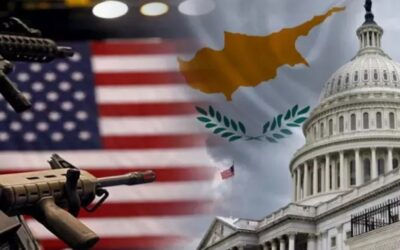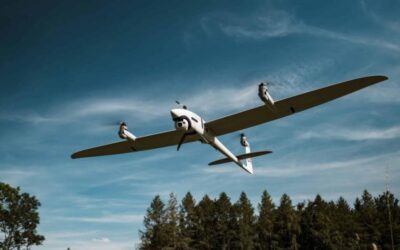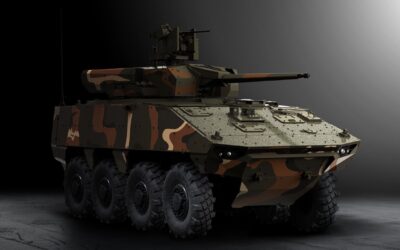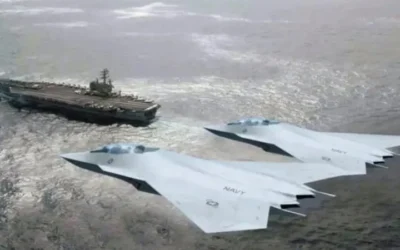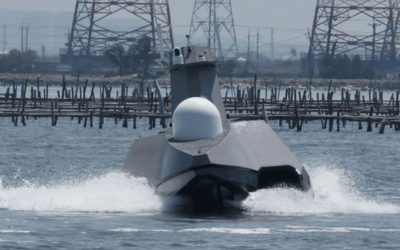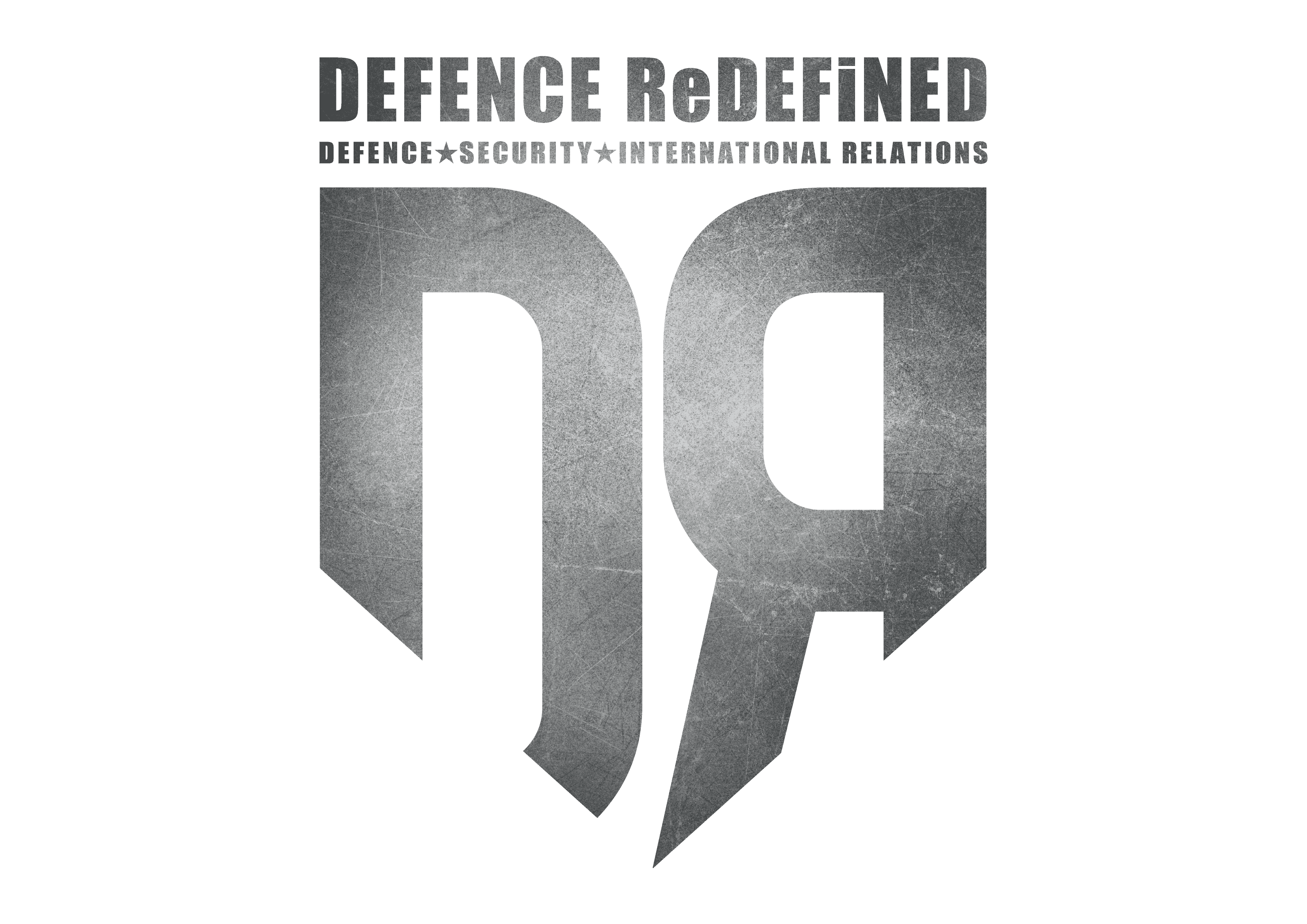A bipartisan bill titled the “American-Hellenic-Israeli Eastern Mediterranean Counterterrorism and Maritime Security Partnership Act of 2025”…
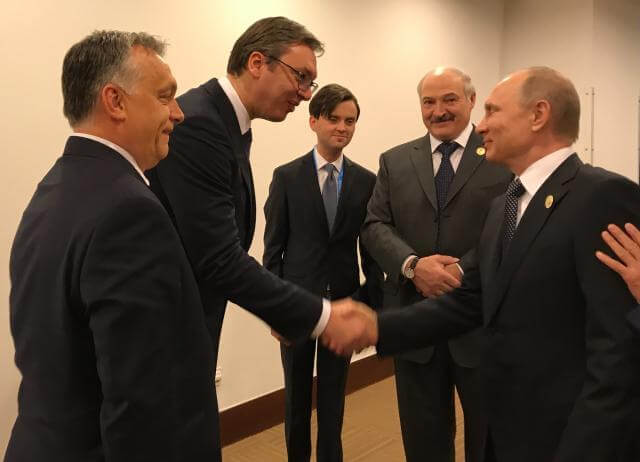
The Hungarian opposition and Brussels suffered a huge defeat, since the re-election of Orban, while a similar success is the re-election of Vucic to the presidency of Serbia from the 1st round.
Victor Orban won his fourth consecutive term as Prime Minister of Hungary with a percentage of more than 50%. Orban’s main rival, Peter Marki-Zai, was ousted both as a candidate for prime minister and as an MP, as he failed to win even his constituency. The election process was monitored by more than 200 international observers and thousands of volunteers from across the political spectrum.
As for Serbia, his re-election to the presidency of Serbia was secured with 59.3% of the votes by Aleksandar Vucic, who was elected in the first round. Serbs were asked to vote in the presidential, parliamentary, and municipal elections.
In Parliament, Vucic’s Serbian Progressive Party comes in first with 43%, followed by the United for Serbia coalition, followed by the Socialist Party. Another 4 parties received a percentage of more than 3% and will be represented in Parliament.
The election results came at a time when the war in Ukraine is monopolizing interest. Nevertheless, the re-election of the two leaders is of paramount importance in the light of current developments, as Serbia and Hungary are “more vulnerable” to Russian influence.
Also read: China – Russia | Condemnation of Western sanctions and expansion of cooperation
In particular, Orban’s sweeping victory was not hampered by either his good relationship with Russian President, Vladimir Putin, or his open confrontation with Ukrainian President, Volodymyr Zelensky. Orban and Zelensky never had a good relationship, given the close cooperation between Obran and Putin, but the confrontation between them peaked after the Russian invasion of Ukraine.
Zelensky has repeatedly accused Orban of not supporting Ukraine in its efforts to defend itself against the Russian invasion. The President of Ukraine had asked Hungary and Prime Minister Orban for two things. The first was to stop Hungary from buying oil and gas from Russia. The second was for Hungary to allow arms shipments and to send arms to Ukraine. Prime Minister Orban, however, rejected both demands because “they are against the interests of Hungary”. However, Hungary has adopted EU sanctions against Russia.
In Serbia, the war in Ukraine seems to have worked in favor of the existing leadership. Vucic condemned the Russian invasion, but did not receive sanctions against it, due to the close ties between Serbs and Russians, while the opposition did not call for sanctions against Moscow over the fear of losing votes. Finally, the President of Serbia, commenting on the entry of three extremist nationalist parties into Parliament, estimated that it was due to the war in Ukraine, implying that some voters chose parties that openly supported Russia.
Also read: Ukrainian Issue | Russia – Ukraine talks begin in Istanbul Dolma Bahce
READ MORE
Germany | 5,000-Man Armoured Brigade in Lithuania to Bolster NATO’s Eastern Flank
Germany officially commenced its first permanent deployment of foreign troops since World War II on Tuesday.
EIB | Measures to Finance European Security and Defence and Critical Raw Materials
The European Investment Bank (EIB) has agreed on a series of measures to further boost investment in security and defence, as well as in critical raw materials.
KNDS France – METLEN | Partnership for the Production of the VBCI PHILOCTETES® in Greece
METLEN has entered into an exclusive partnership with KNDS France for the production of the latest-generation French 8×8 Infantry Fighting…
USΑ | Bipartisan Bill Submitted to US Congress to Lift Cyprus Arms Embargo
A bipartisan bill titled the “American-Hellenic-Israeli Eastern Mediterranean Counterterrorism and Maritime Security Partnership Act of 2025”…
AI Task Force | First Session of the National Committee for Artificial Intelligence of Cyprus
The first session of the National Commission for Artificial Intelligence (AI Task Force) was held, marking the official start of the work…
Germany | 5,000-Man Armoured Brigade in Lithuania to Bolster NATO’s Eastern Flank
Germany officially commenced its first permanent deployment of foreign troops since World War II on Tuesday.
F/A-XX | Awaiting Developments on US Navy’s Sixth-Generation Stealth Fighter Plans
The US Navy is expected to announce this week who will be awarded the “golden contract” to develop its next-generation stealth fighter…
Endeavor Manta | Taiwan’s New USV
Taiwan has introduced its first indigenous unmanned surface vehicle (USV) as part of its efforts to develop asymmetric…










